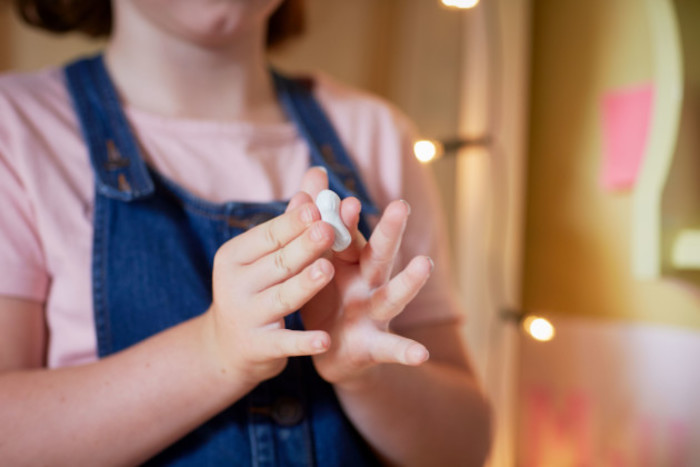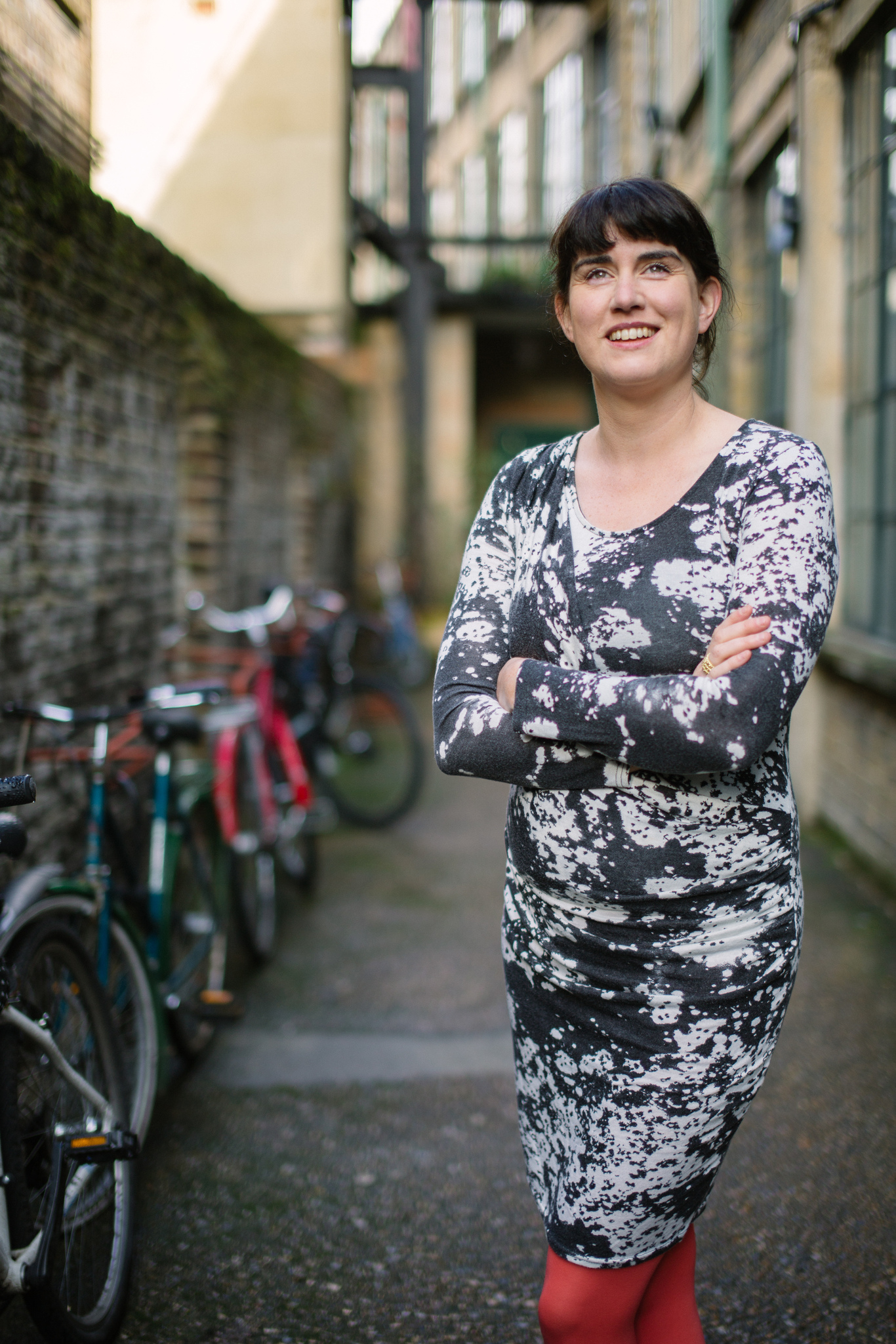'A personal disappointment': Sugru investors take a loss from the hi-tech glue-maker's sale
The Irish-founded company is being acquired by German adhesive manufacturer Tesa.
IRISH-FOUNDED MOULDABLE glue-maker Sugru is being acquired for around €8.6 million in a deal that will underwhelm its investors – many of whom backed the firm in crowdfunding bids.
FormFormForm, the company behind Sugru, has been scooped up by Germany’s Tesa, a manufacturer of adhesives and tapes for various industries.
However the Irish Times, which first reported the news, said investors were believed to have lost up to 90% of their money as part of the sale. A valuation of £27 million was put on the business during its 2015 Crowdcube funding push.
Sugru was co-founded in 2004 by Irish entrepreneur Jane Ní Dhulchaointigh, and it makes mouldable glue products for use in DIY and art. The business is based in London.
Ní Dhulchaointigh told Fora in a statement that the sale was good news for the company but that “is not the case for our shareholders” and was “not the financial outcome that any of us envisioned.”
The company had hoped to deliver a proper return to investors, she said.
“It will always be a personal disappointment to have only delivered on half of this promise.”
The company raised £5 million through two campaigns in 2015 and 2017 on CrowdCube, an equity crowdfunding platform that lets individual investors back companies for a stake.
It also raised a seed round from investment firms including London’s LocalGlobe and was attempting to raise up to £4 million in debt from Scotland’s Clydesdale and Yorkshire Bank last year but the deal fell through.
“Under-performance in 2017 meant that the bank pulled back from supporting the company with a planned second tranche of debt funding,” said chief operating officer Paraic Begley.
It had received a tranche of £2 million from the bank in 2016 but missed its targets in 2017, leading to the deal being pulled for the remaining funds.
Awareness
The nub of Sugru’s problems lay in spreading awareness of the products, the company said.

Sugru had set ambitious targets in 2015 to spread awareness, said Ní Dhulchaointigh.
The company managed to get its products into major US retailer Target and launched sales in the Canada, Australia and New Zealand markets.
While the company saw its sales increase 20% in 2017 year on year, this was not enough to temper the company’s financial strains.
“The key assumption that proved unreliable to scale was how many people we could drive into retail stores and how cost effectively we could reach them,” she said.
Ní Dhulchaointigh added that “maintaining the necessary levels of ongoing sales through retail has proven to be much harder than we expected.”
The plan was not enough to buoy the company, which informed its investors that it did not have the relevant funds to tackle the scale of the problem.
The company let some staff go in 2016 and shifted its assembly to Mexico to cut costs. Ní Dhulchaointigh and the remaining staff will be staying on in the company post-sale. The deal is expected to close next week.
The buyer Tesa is an affiliate of Hamburg-based Beiersdorf, which also owns the Nivea and Eucerin skincare brands.







